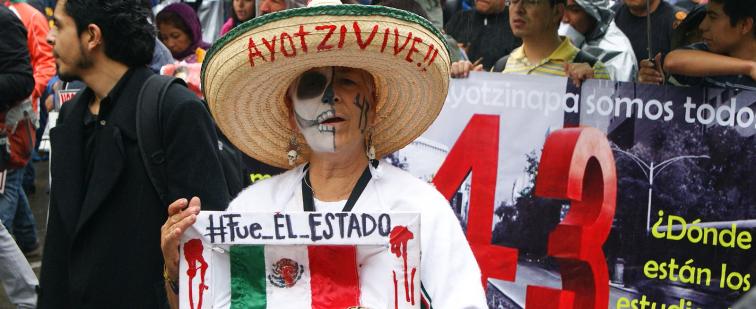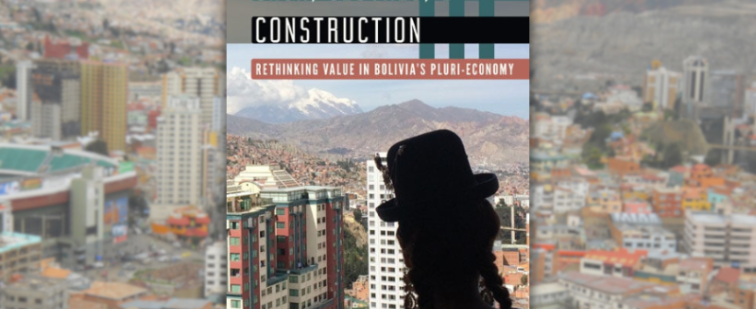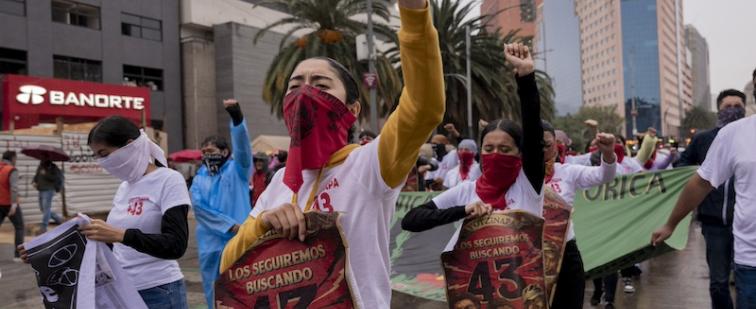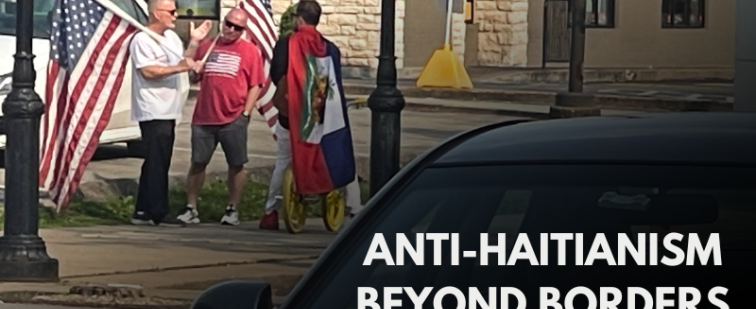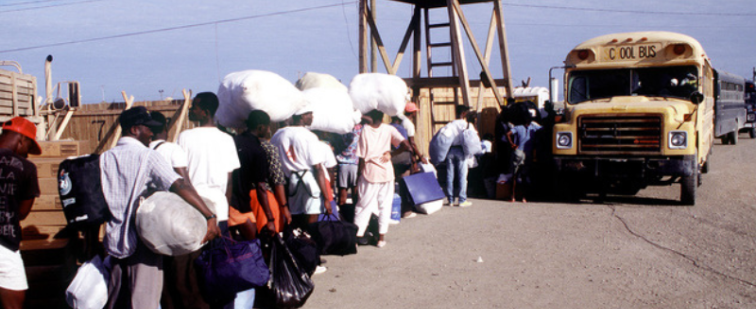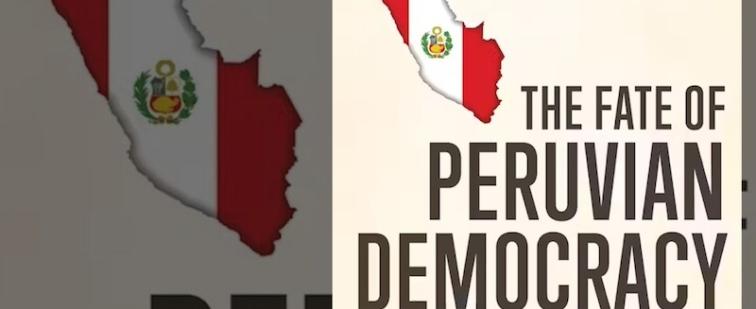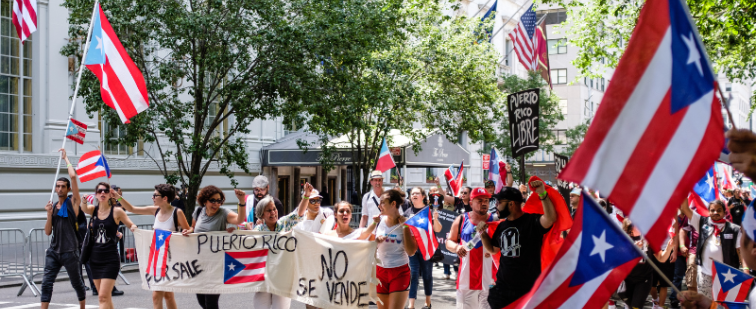July 13, 2011
Recent reports indicate that the number of Mexican migrants entering the United States outside of authorized channels has declined markedly over the last several years. The question is, why? Among other matters, the answers point to the necessity of achieving livelihoods of dignity and socio-economic security in migrant-sending areas so as to allow the people who live there the option--indeed the right--to stay home.
July 12, 2011
“The roots of the War on Drugs go deep in Mexico. In fact, in some ways, they are deeper there than in the United States,” explains historian Isaac Campos in the most recent issue of NACLA. In order to better understand the forces behind drug prohibition in Mexico, NACLA spoke with Campos, who discussed the recent NACLA article, his forthcoming book, and his experience covering marijuana, prohibition, and drug culture in Mexico and the United States.
July 12, 2011
“The roots of the War on Drugs go deep in Mexico. In fact, in some ways, they are deeper there than in the United States,” explains historian Isaac Campos in the most recent issue of NACLA. In order to better understand the forces behind drug prohibition in Mexico, NACLA spoke with Campos, who discussed his NACLA article, his forthcoming book, and his experience covering marijuana, prohibition, and drug culture in Mexico and the United States.
Mexico, Bewildered and Contested
July 12, 2011
“For some,” writes Javier Sicilia, responding to critics within his own fledgling movement, “to dialogue is to capitulate.” If you haven’t humiliated your adversary, you have failed. But to change the dynamic of the violence that has beset the country over, especially, the past five years, he argues, it is necessary to change the discourse of violence. “Since March 28,” he writes, “when the Movement for Peace with Justice and Dignity began its work, there began a change in the language of war and pain.”
July 11, 2011
In Colombia the hyper security state is committed to continuing its war in spite of several recent good will gestures by the insurgency. Instead, the Santos government is still following the U.S.-Israeli designed military strategy of “high value targets” (HVTs). In other words, to assassinate the insurgency’s leadership and mid-level commanders in order to disrupt their command and control the structure of the organization.
July 8, 2011
President Mauricio Funes reaffirmed last week that no mining projects will be permitted in El Salvador during his presidency, and condemned the recent murders of anti-mining activists. But anti-mining organizations want a permanent legal ban on mining activity, and are critical of the government’s ongoing study to evaluate the costs and benefits of mining. At a recent meeting with international solidarity activists, Environmental Minister Herman Rosa Chávez offered insight into the government’s position.
July 6, 2011
A personal narrative of an encounter with the Border Patrol on the Tohono O'odham Nation in Southern Arizona. This close encounter with the Homeland Security state gives a glimpse into a place where anything and everything can be justified under the guise of national security and "securing our borders," trumping any impediment in its way. It is this that inspired six Native American activists to lock themselves down at Border Patrol Headquarters in Tucson in May 2010, and who finally won the subsequent court battle on June 29.
Mexico, Bewildered and Contested
July 5, 2011
To no one’s great surprise, Mexico’s once-and-future ruling party (or so it seems), the Institutional Revolutionary Party (PRI), scored major victories in four state elections this Sunday. Mexico State has been governed by the PRI (or its direct ancestors) for over 80 years and that was not expected to change after Sunday’s election. The magnitude of the party’s victory, however, was surprising, impressive and a worrisome sign of its return to hegemony.
July 3, 2011
Since April 15th, members of the P’urhépecha indigenous community of Cherán, Michoacán have self-organized community defense committees to protect themselves from violence amidst Mexico’s drug war. On June 26th a small caravan set off from Cuernavaca, Morelos to bring food supplies to Cherán, to show support for the community, which is both suffering from and resisting the drug war model imposed by Mexican president Felipe Calderón soon after he took office in 2006.
July 3, 2011
By Clayton Conn
Since April 15th, members of the P’urhépecha indigenous community of Cherán, Michoacán have self-organized community defense committees to protect themselves from violence amidst Mexico’s drug war. On June 26th a small caravan set off from Cuernavaca, Morelos to bring food supplies to Cherán, to show support for the community, which is both suffering from and resisting the drug war model imposed by Mexican president Felipe Calderón soon after he took office in 2006.

